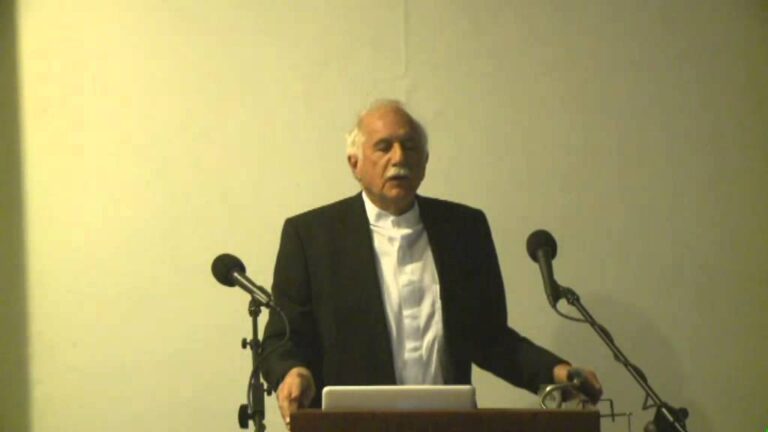
Lecture date: 2013-03-11
Adaptive Ecologies Evening Lecture Series
Fitness to purpose, in the Darwinian sense, has long been an underlying theme for architecture. From the earliest human shelters to the sophisticated structures of ceremonial architecture, the search for perfect fitness has addressed issues of materiality, construction, climate and culture. The past century has introduced a new paradigm to this search: demographic realities of exploding population and increasing urban density. Environmental qualities previously taken for granted – sunlight, openness to view and nature, the integration of plant life with human habitation – are all under threat. New urban concepts, as well as architectural and urban design inventions, must be considered to maintain and enhance the fundamental aspirations so essential to the human spirit.
Moshe Safdie is an architect, urban planner, educator, theorist and author. Embracing a comprehensive and humane design philosophy, Safdie has been a visionary force in architecture and urban design for more than forty years. Some of his most notable works include Habitat ’67 in Montreal, Yad Vashem Holocaust Museum in Jerusalem, National Gallery of Canada in Ottawa, Marina Bay Sands Integrated Resort in Singapore, and the United States Institute of Peace headquarters in Washington, DC.
This lecture is part of the Adaptive Ecologies Evening Lecture Series: Organised by Theodore Spyropoulos
source